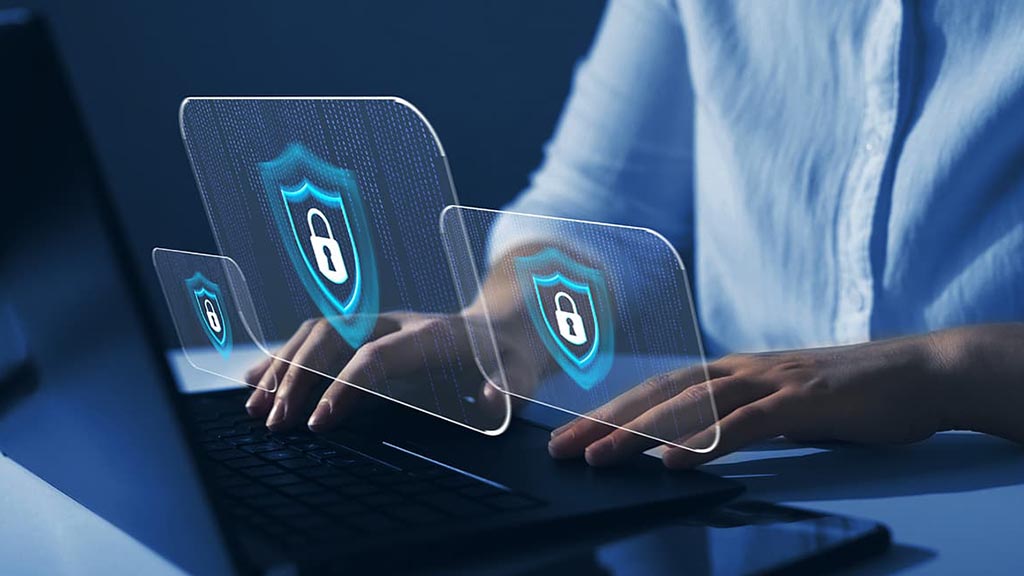“The data hacked was limited, and it is ample to do phishing attacks and other scams. The NBA urges its fans to stay cautious when they open doubtful emails that only appear to be from the association or its partners.”
Though the credentials of fans were not impacted by the attack, the hackers managed to steal some of their information. The National Basketball Association (NBA) has already hired a third-party cybersecurity service to investigate and resolve the issue.
Also Read, New US Cybersecurity Strategy Targets Cyber Attacks from China
However, the data hacked was limited, and it is ample to do phishing attacks and other scams. The NBA urges its fans to stay cautious when they open doubtful emails that only appear to be from the association or its partners.
To ensure that fans won’t get trapped in phishing attempts, the association clarified that it will never ask its fans for their usernames, account information, or passwords through their emails. Another indication that the email is true is if the email address ends in “@nba.com.”
Fans requested to ensure that if they do get an email with attachments that have suspicious links and take it to another website, they must verify it first before opening it since it could lead fans to a malicious website.
Previous NBA-Related Cyber Attacks
Back in April 2021, the NBA team Houston Rockets also faced a cyber attack, where the hackers tried to install malware on the computer systems of the franchise. However, the trials failed and threat actors did not breach their systems.
Houston Rockets hired cybersecurity experts to investigate the attack as they worked with the FBI (Federal Bureau of Investigation) as well.
Tracey Hughes, Houston Rockets Spokesperson, said, “the organization detected suspicious activity on certain systems in its internal network.”
The malware did not impose any threat because of the cyber defenses that were already installed before the attack. The Houston Rockets mentioned that a few systems were impacted but it did not disturb their operations.






